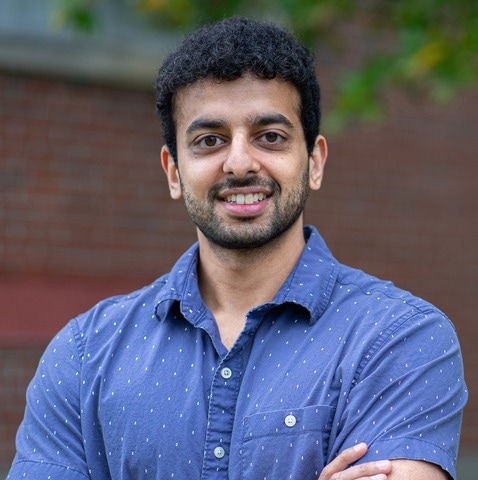English readers of digital foreign-language books have condemned the poor quality of the translation, particularly when the original works were published in a non-Romance language and penned with a high literary sensibility.
 UMass Amherst assistant professor Mohit Iyyer. Image Credit: University of Massachusetts Amherst
UMass Amherst assistant professor Mohit Iyyer. Image Credit: University of Massachusetts Amherst
However, this could soon change thanks to a $822,365 grant from Open Philanthropy granted to Mohit Iyyer, a professor of computer and information technology at the University of Massachusetts Amherst.
Novels have traditionally been translated by professionals who are not only familiar with the denotative meaning of words in two or more languages but also attentive to the delicate subtleties and implications that distinguish literature from more technical writing.
If such a translator can even be located, it might take them years to produce an accurate translation that maintains the play of words and imagery of the original. Since there are more than 7,000 languages now spoken worldwide, most of what is written in one language will, if it is translated at all, only be translated inadequately into another.
Although the development of AI-based translation software has alleviated the barrier, it is still far from ideal.
French to English translates comparatively well. But Japanese to English is notoriously bad, and anything with a literary sensibility is hopeless.
Mohit Iyyer, Professor, Computer and Information Technology, University of Massachusetts Amherst
Iyyer uses two translations of Norwegian Wood by Japanese author Haruki Murakami to demonstrate his thesis. The initial translation, done by a qualified person, is as follows:
A chill November rain darkens the land, turning the scene into a gloomy Flemish painting. The airport workers in their rain gear, the flags atop the faceless airport buildings, the BMW billboards, everything. Just great, I am thinking, Germany again.
In contrast, here is the identical Japanese source text translated by Google Translate:
The frosty rain of November darkened the earth, and the mechanics wearing rain feathers, the flag standing on the flat airport building, the BMW billboard and everything like that were a gloomy picture of the Flemish school. It looked like the background of. I wondered if it was Germany again.
Iyyer stated, “The status-quo AI translators are often far too literal, because they are trained on news articles and parliamentary proceedings.”
Iyyer proposes reintroducing individuals into the process. Iyyer and his team will create an online platform that houses a variety of previously untranslated novels over the course of the following two years.
These novels will be accessible in English owing to an AI model that his team will create. Readers will be able to highlight the content that they believe to be wrong and suggest changes that make the translation read more naturally in these interactive translations.
These user-generated edits will be gathered by a different AI model called a post-editing model, which will then update the AI translational model. This is how the AI translation model “learns.”
Iyyer emphasizes that this method, however, cannot entirely replace skilled human translation.
He concluded, “But it is my hope that we can give those expert translators a head start, and in the meantime, we can help spread readable versions of the world’s greatest literature.”